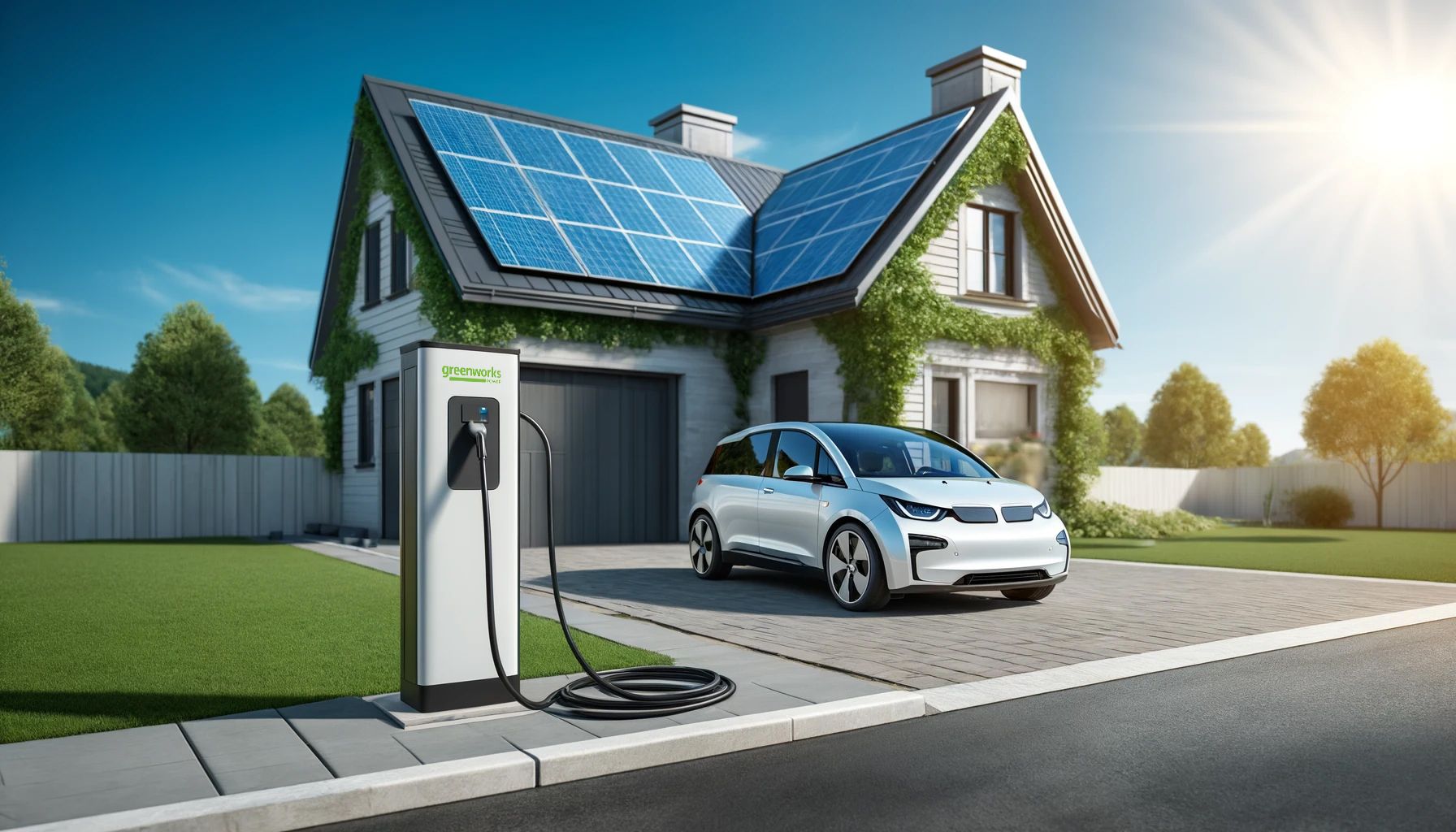
How Renewable Energy Can Drive Zero-Emissions Travel
Introduction
Electric vehicles (EVs) are becoming increasingly popular, but the challenge of high energy bills remains a concern. What if you could control your energy costs and charge your EV for free using self-generated renewable power? This article explores how renewable energy can be the key to achieving zero-emissions travel, providing cost-effective and sustainable solutions for EV owners.
The Growth of EV Adoption
The electric vehicle market is booming, with over 760,000 EVs on British roads and more models available than ever before. Major manufacturers are investing billions to expand their EV offerings, addressing concerns such as range anxiety and charging infrastructure. With advancements in battery technology, some EVs can now travel over 450 miles on a single charge, and the UK has more than 42,000 public charging points.
Renewable Energy for EV Charging
Amid rising energy costs, solutions like Greenworks Powers’ smart charger offer a way to harness self-generated renewable energy for EV charging. This device allows users to charge their vehicles at home using power generated from domestic renewable sources, effectively reducing costs and promoting green energy.
Solar Power and EVs
The demand for solar-powered EV charging is growing, with a significant increase in PV panel installations in the UK. Solar Energy UK’s insights reveal that a substantial portion of these installations is driven by EV owners, indicating a trend towards integrating renewable energy with electric mobility.
Benefits of Self-Generated Energy
Self-generated energy for EVs offers several benefits:
- Cost Savings: Charging your EV with self-generated power eliminates reliance on the grid and reduces energy bills.
- Environmental Impact: Using renewable energy for EVs supports a sustainable future and reduces carbon emissions.
- Energy Independence: Home-generated power provides greater control over energy usage and costs.
The Future of Zero-Emissions Travel
As the adoption of EVs continues to rise, the integration of renewable energy sources like solar and wind power will be crucial. This not only supports individual cost savings but also drives investment in renewable energy projects, contributing to a greener and more sustainable future.
Conclusion
Renewable energy is the key to unlocking the full potential of zero-emissions travel. By investing in technologies that allow for self-generated power, EV owners can enjoy significant cost savings, reduce their environmental impact, and support the transition to a renewable-powered future. The journey towards zero-emissions travel is not just about the vehicles themselves but also about the energy that powers them.
FAQs
1. How does renewable energy help in reducing EV charging costs? Using self-generated renewable energy for EV charging eliminates the need to draw power from the grid, thus reducing overall energy costs.
2. What is the role of solar power in EV charging? Solar power allows EV owners to charge their vehicles using energy generated from PV panels, making it a cost-effective and sustainable solution.
3. Are there any incentives for installing solar panels for EV charging? Yes, many regions offer incentives and rebates for installing solar panels, which can further reduce the cost of adopting renewable energy for EV charging.
4. How can I start using renewable energy for my EV? Invest in a home charging solution like the our smart charger, and consider installing PV panels to generate your own renewable power.
5. What are the long-term benefits of using renewable energy for EVs? Long-term benefits include significant cost savings, reduced environmental impact, and greater energy independence.
By integrating renewable energy solutions with electric mobility, we can pave the way for a sustainable and zero-emissions future.